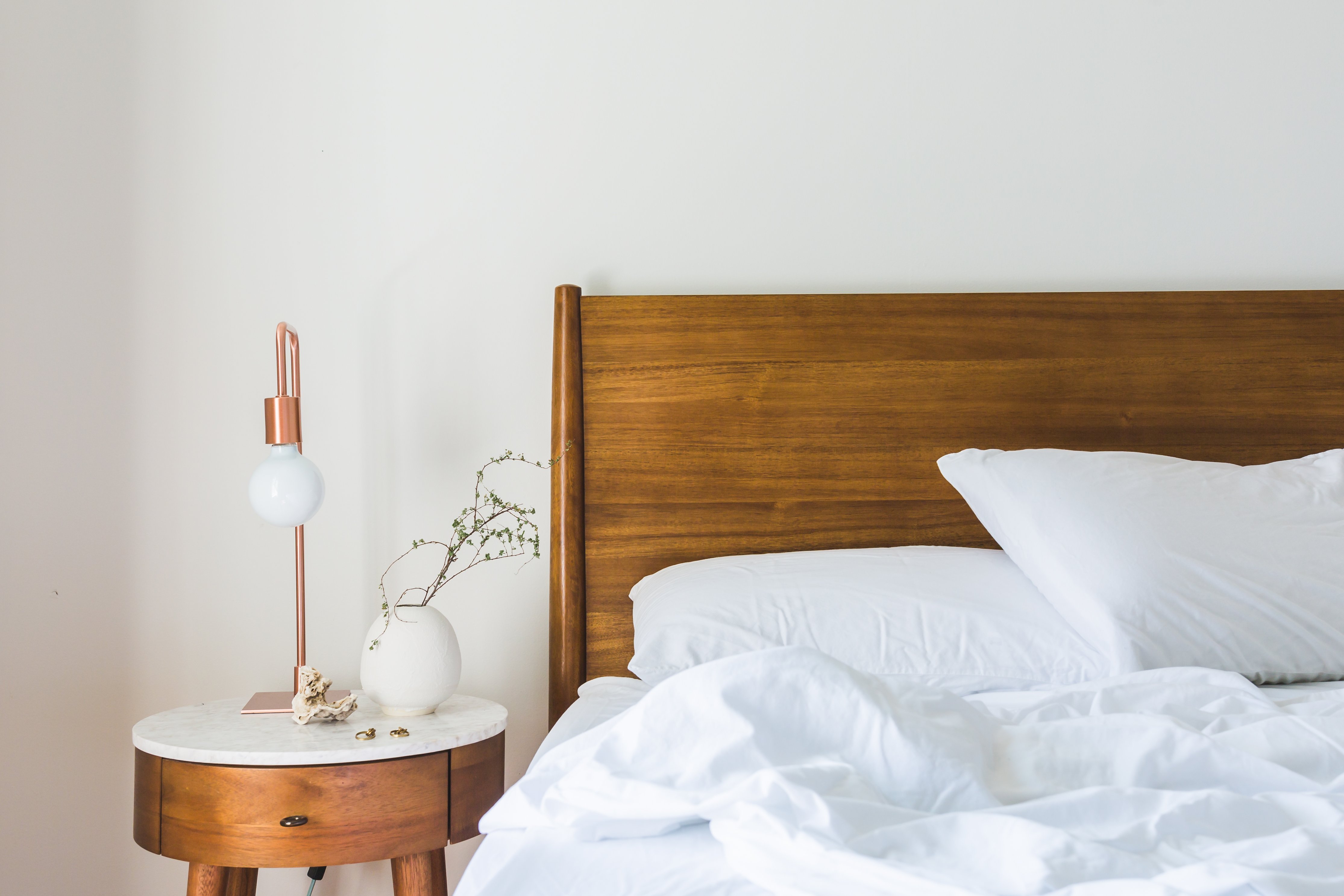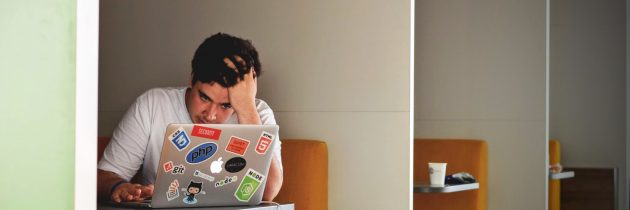5 Signs You Aren’t Getting Enough Sleep
With many adults juggling work, family, and their personal lives, it is easy to overlook the need for a good night’s rest, especially during busy weekdays. People tend to underestimate the importance of enough sleep, but the growing body of research shows that when it comes to health and fitness, dozing off is just as important (if not more) as regular exercise and a healthy diet.
According to the American Academy of Sleep Medicine, adults need around seven to nine hours of shut-eye daily. Studies show that lack of sleep can compromise a person’s physical, social, emotional, and psychological well-being.
The Center for Disease Control and Prevention has raised the alarm on this public health problem, with as many as one out of three Americans suffering from sleep deprivation in 2014.
 So with that in mind, here are five telltale signs you are included among the estimated 84 million adults who are not getting enough sleep.
So with that in mind, here are five telltale signs you are included among the estimated 84 million adults who are not getting enough sleep.
You Feel Tired
Some of the most obvious and common signs of sleep deprivation are excessive sleepiness and daytime fatigue, which can hinder you from doing your best when it comes to daily activities. This is especially true in today’s increasingly connected world, where productivity or leisure time is often valued more than sleep.
This habit can be counterproductive, as sleep deprivation prevents you from making the most of your waking hours, compared to when you’ve had a full night’s rest. If you find yourself feeling exhausted even at the start of the day, it’s highly likely that you aren’t getting enough sleep.
You’re Gaining Weight
As Dr. Lori Shemek has explained in a previous blog post, your sleeping habits have a powerful effect on your weight. Research conducted by the National Center for Biotechnology Information reveals that sleep deprivation causes a spike in ghrelin, which makes your body crave fatty and sugary foods. Conversely, not getting enough sleep also causes a drop in leptin, which is a hormone that inhibits hunger and regulates energy.
You Don’t Look Well
There’s a reason why people call it beauty sleep. Sleep deprivation doesn’t just cause lethargy and weight gain; it makes you look bad, too. Not getting enough sleep can cause acne and a dull complexion, as well as puffy, bloodshot eyes.
These signs also point to a problem on the quality, not quantity, of your sleeping hours. If you find yourself tossing and turning in the middle of the night or feeling uncomfortable in bed, it might be because of your partner’s snoring or the bed you sleep on. This would mean it’s time to talk to your partner about sleep apnea, or maybe look at other aspects that could be impacting your sleep. Leesa suggests you might even need to consider repainting your bedroom in calming colors that are sleep inducing. The colors you both choose should evoke a peaceful environment such as whites and creams which can be associated with “clouds, cotton, goodness, cleanliness and clarity,” according to the aforementioned Leesa blog post. If you get the quality of sleep you need, you will soon look revitalized and energized on the outside as well as the inside.
You’re Emotional
Sleep deprivation can also cause an increase in emotional vulnerability – causing people to over-react to emotional stimuli. This means that you may be more irritable and impulsive. Many adults report feeling cranky and frustrated whenever they lack sleep.
You’re Not At Your Best
Lastly, one telltale sign that you need to sleep more is that you’re not feeling your usual self. Bad memory, unusual clumsiness, difficulty seeing things, and spacing out are all signs of sleep deprivation. Because your brain hasn’t been able to recharge during the night, neurological functions like physical movement, eye muscle control, and focus are compromised.
All in all, there are many dangers to sleep deprivation, as Bob Choat discussed here on Dr. Lori Shemek’s blog. If you’ve experienced one or more of the signs mentioned above, it’s time to make sleep a priority.
—





